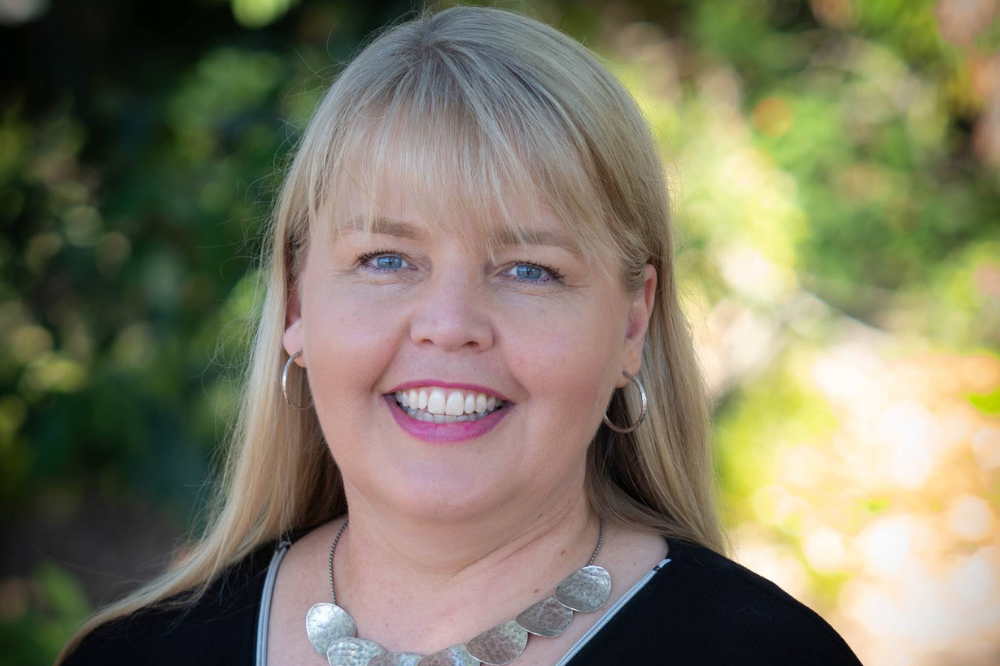
by Lisa Coles
As schools across the nation rightly celebrate the graduating class of 2023, the photos marking this major milestone won’t be complete.
Sadly, we don’t even know the names of the young people who should be graduating – we just know some are missing. These are Australia’s lost learners – young people who have “disappeared’’ entirely from our education system.
No one knows the actual number, because no one tracks them, but our education authorities know they’re out there.
Sadly, governments know more about Australians not in work than they do about young people not in school.
While workplace trends such as “quiet quitting” and the “great resignation” have been the subject of significant commentary and analysis, the quiet movement of young people out of our education system has not garnered the same attention.
For years young people have been switching off in class, disengaging or refusing to attend school for short and long periods of time, and at worst, detaching entirely from learning and the education system.
A 2017 report by policy think tank the Grattan Institute, found 40 per cent of young people were passively or actively disengaged from mainstream schooling. It’s unlikely this figure has improved, particularly since COVID.
The one-size fits-all 8.30am-3pm, five days a week, classroom-based traditional model of schooling isn’t working for a growing number of young people.
The Queensland Government’s recent move to trial flexible study options such as four-day weeks and shorter days in state primary and secondary schools from 2024 is a welcome step towards a more agile and responsive education system.
Young people have been telling the collective us – schools, teachers, governments and parents – through their falling attendance rates and declining educational outcomes, that our legacy model of education needs to change.
This year’s Senate inquiry into school refusal turned the spotlight on this growing trend of “school can’t” and its “profound impact” on young people’s learning, health and wellbeing. The inquiry also heard from parents and carers about the emotional and financial toll school refusal takes on them and their families.
I was given the opportunity by the Queensland Independent Schools Parents Network to appear alongside its Executive Officer at the inquiry’s Brisbane hearing.
As the Executive Principal of Arethusa College, an eight-campus Special Assistance School (SAS), I have a different perspective on this issue – one that has been shaped by thousands of interactions with young people who have experienced some level of school refusal or “school can't”.
The purpose of our College, and the small but fast-growing number of SAS independent schools like us, is to work with children and young people whose challenging life circumstances have made it difficult for them to achieve success in a mainstream school setting.
We take an education plus approach. Our students receive significant wrap-around support on campus from welfare workers, counsellors, education support officers, pathway advisors and chaplains to address the complexities in their young lives, to clear their path to learning.
School disengagement, refusal, detachment and ultimately disappearance, is not a post-COVID fad or trend that will go away.
The Senate school refusal inquiry recognised this in its 14 recommendations which included a research-informed national action plan on school refusal, improved school data collection on student absences, more information and resources for parents and more flexible education delivery options.
Our College has grown exponentially over the past five years – from 158 students in 2018 to more than 1,200 this year – because young people and their families are crying out for school to be done differently.
When a young person doesn’t want to go home, we immediately ask “what’s going on at home or what’s happening in their household to make them feel that way?”
But we don’t ask the same question when a young person doesn’t want to go to school.
We don’t ask the challenging question “what’s going on in the classroom or the playground to make them not want to attend school?”
Our world, our environment, technology, families and young people are more complex than they were 10, 20 or 30 years ago. Yet our model of schooling has ostensibly remained the same for decades.
Australia’s Education Ministers have an opportunity with the new National School Reform Agreement to do education differently – to identify and re-engage our nation’s “missing” young people. My sincere hope is they have the courage for change.
Lisa Coles is the Executive Principal of Arethusa College.


